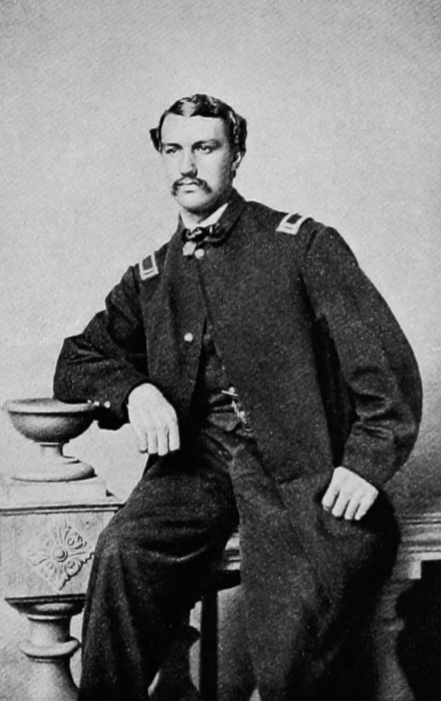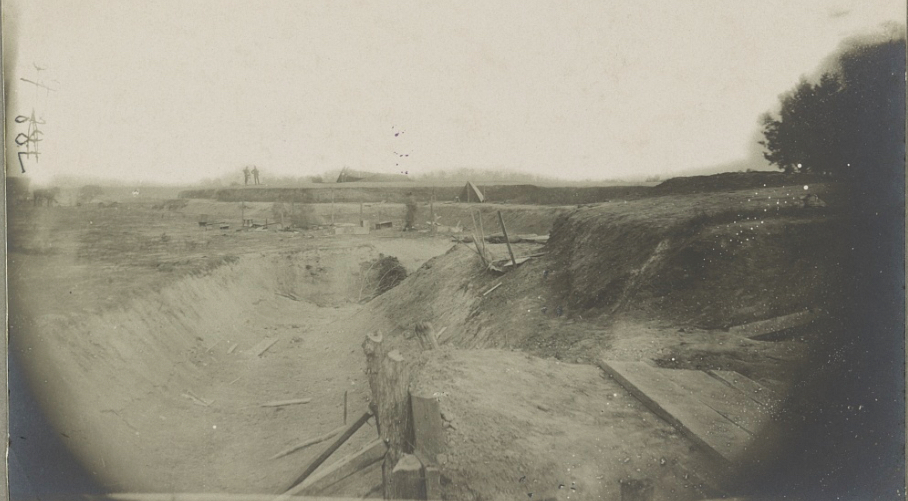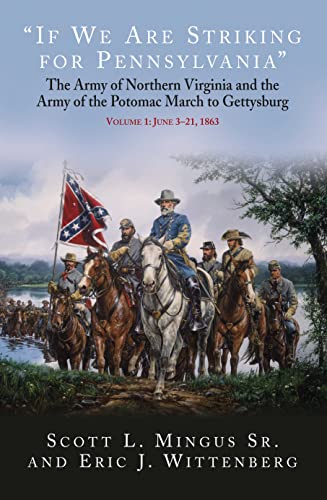
John Gardner Perry
During the early days of Lieutenant General Ulysses S. Grant’s attempt to capture Petersburg, Virginia, in the summer of 1864, 24-year-old Harvard-educated Union surgeon John Gardner Perry wrote a letter in which he recorded the following incident involving a brave, but reckless, young lieutenant.
Hospital near Petersburg,
June 20th, 1864.
Our division is relieved from duty in the front line, where it has fought ever since the campaign commenced. Yesterday another brave officer, Lieutenant G— of the Twentieth regiment, was killed, and so uselessly, too.
Lieutenant G— was in command of the sharpshooters attached to the regiment, but who are not under its absolute control. They form an independent organization, going where they can most injure the enemy. We had been fighting for several days in the most advanced trenches amidst persistent firing from both sides, which, however, did little damage, except to prevent all rest and sleep. Finally both armies saw the folly of such warfare and desisted. Towards noon yesterday, weary, I suppose, of the inaction, a Confederate sharpshooter mounted his earthwork and challenged any one of our sharpshooters to single combat. Lieutenant G—, a fine fellow, standing at least six feet two in his stockings, accepted the challenge, and they commenced what to them was sport. Life is cheap in this campaign! Both fired, and the Confederate dropped. G— ‘s great size was so unusual that his opponent had the advantage, and our men tried to make him give way to a smaller man. But, no! He would not listen, became very excited as his successes multiplied, and when darkness stopped the duelling he remained unscathed, while every opponent had fallen victim to his unerring aim.

Union forces captured these Confederate trenches outside Petersburg four days after John Garnder Perry wrote his letter about Lieutenant G—.
The lieutenant was so exhilarated that he claimed with much bluster a charmed life; said nothing would kill him; that he could stand any amount of duelling, and this he would prove in the morning. When he was in his tent for the night, we officers used every argument and entreaty to convince him of the foolhardiness and criminality of such a course, and also assured him of the certainty of his death. But the man seemed crazed with the faith in his charmed life. He would not yield his determination, and when we left him was simply waiting, as best he could, for daylight to begin the duelling again.
As we all foretold, he was finally killed, but his death was due to treachery. In the morning, true to his mistaken conviction, he stood upon the works again and challenged an opponent. Instantly one appeared, and as both were taking aim, a man from another part of the Confederate line fired and shot G— through the mouth, the ball lodging in the spinal vertebrae, completely paralyzing him below the head. We dragged the poor, deluded fellow to his tent, where, after uttering inarticulately, “I hit him any way, Doctor,” he died.
We then heard a tremendous uproar outside, and found that our men were claiming the murderer of their lieutenant; but the Confederates shouted that they had already shot him for a cowardly villain, and then came praises across the line for Lieutenant G—’s pluck and skill.
I remember another instance of unjustifiable shooting which occurred last year, but under very different circumstances. Our division was standing idle, while the skirmishers of another Federal corps and the skirmishers of the enemy were disputing the possession of an open field. Our general, in watching them, saw that the Confederate officer in command was superior to ours, and by his skilful manoeuvres was gradually driving the Federal skirmishers in. Turning to one of Lieutenant G—’s sharpshooters, who was standing by his side, he said, “Can you pick off that man?” pointing to the officer. “I think so,” was the answer, and raising his rifle, he fired, and, as we say, “dropped him.”
The sharpshooter’s rifle had a telescope attached, and this brought the officer, who was some three hundred yards away, close to. Nevertheless, it was a remarkable shot; but I am thankful to say that every man who witnessed the act pronounced it contemptible and cowardly. The manoeuvre was not against our division; we were not involved, but simply looking on, and later even the general acknowledged and deeply regretted his fatal impulse.
Source: Letters from a Surgeon of the Civil War (1906)
